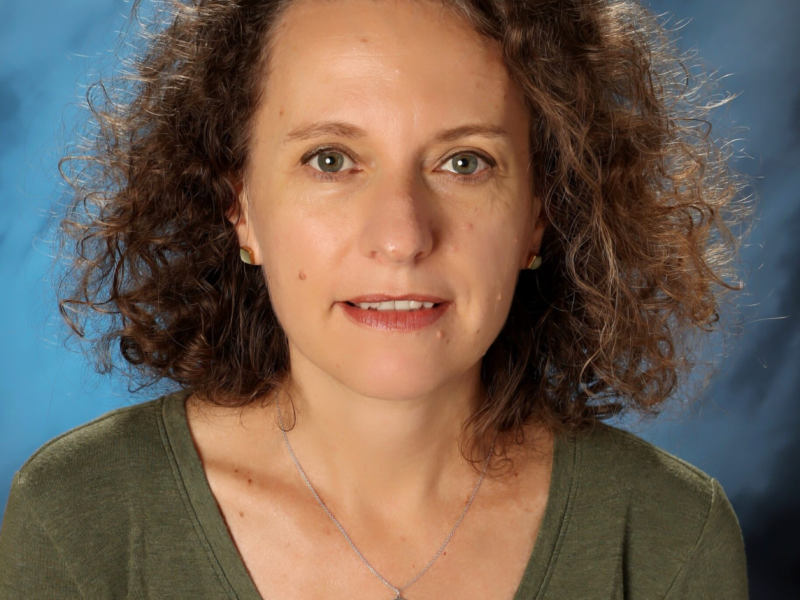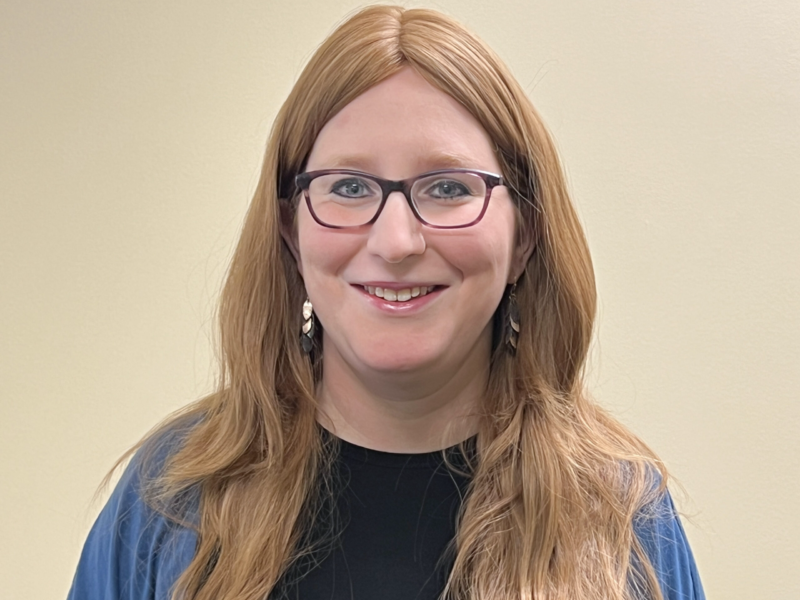One of the biggest challenges facing families with teenagers is how to prepare for life after high school. Both parents and students feel the pressure to prepare and make smart decisions for post-high-school life. Dr. Deborah Barany, a Portland-based teacher and college counselor, has worked with students for more than 20 years – helping them be successful in both their academic studies and the college admissions process. Barany stresses, “College is one of the first adult decisions high school students will make in their lives. The decision regarding where to apply and ultimately attend is complicated.”
Luckily, Barany has recommendations to make the process a little bit easier. First, she advises students to do lots of research – read school websites, meet with admissions representatives and visit campuses.
Next, she counsels families to search beyond rankings: “Look for colleges that match your students’ needs, interests and learning style. Don’t rely on brand names.” Last, she recommends parents allow their student to take the lead. “Parents can gently guide from the side, but this is your student’s process of discovery,” said Barany. Families with younger teenagers can still get a head start on college planning.
Barany says it is never too early to begin planning for the financial aspect of college and encourages parents to talk to their student about what the family can realistically afford. “It can be devastating for a student to apply to their dream school only to find out that they cannot afford to attend,” she said. College is not the only option for graduates today. Barany also urges families to consider taking a gap year, in which students either take a year off before applying to college or defer their university admissions until the following fall. Students often use the gap year to travel, do service programs or pick up a new skill. According to a Dec. 29, 2010, Wall Street Journal article, more American students are considering gap years. In fact, researchers from Middlebury College found that college students who took a gap year returned with greater focus, earned higher grades and had a higher likelihood of graduating.
During a gap year, students are able to expand their world beyond classroom life. “I’m a great advocate for gap years, especially the opportunity to live abroad, learning to live in a new culture, develop fluency in another language and self-reliance,” said Barany. Oregon’s shlicha from Israel, Natalie Nahome, also stressed the benefits of alternative programs. “I think that kids who have the opportunity to go on a gap year receive so much from it. You learn, travel, meet new people and make friends for life,” said Nahome.
She recommended Israel gap year programs as a way to tap into Jewish heritage and learn Hebrew. Masa, Aardvark and Young Judaea provide a variety of gap year programs for students. In Young Judaea, for example, students spend nine months practicing Hebrew, interacting with Israeli peers and developing an appreciation for their Jewish identity.
Whether students choose to take a gap year or jump right into col- lege, it is important for families to keep communication open while preparing for this significant life change.
Vanessa Van Edwards is a freelance writer and speaker in Portland. She specializes in human relationships, with a focus on youth and family. Her book for parents Do I Get My Allowance Before or After I’m Grounded? won the 2012 Mom’s Choice Award.





